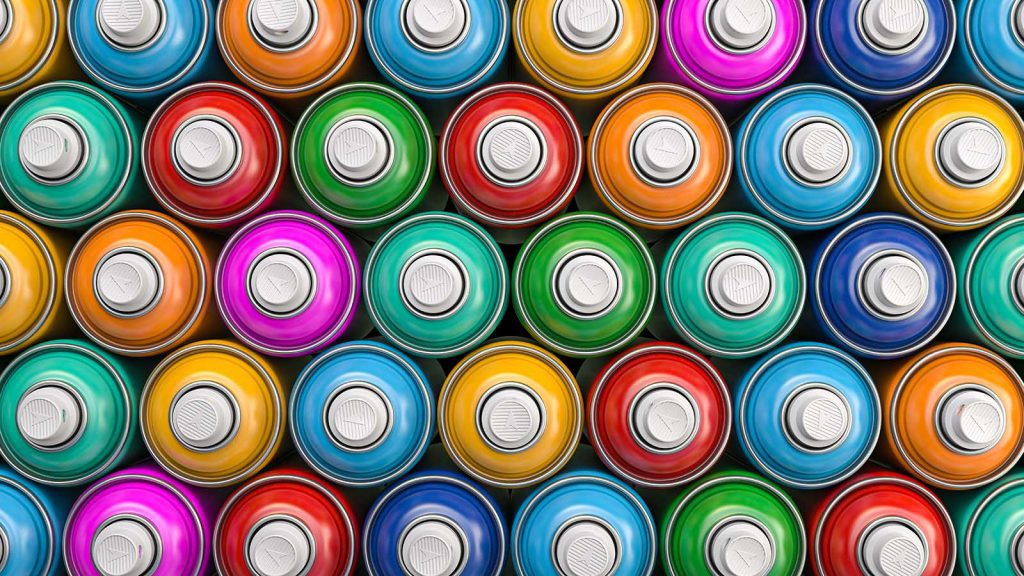What Does It Mean to “Huff” Drugs?
“Huffing” is a slang term for inhaling chemical vapors illegally. Inhalants describe drugs that can only be used by inhaling them. Essentially, inhalants are typically not available in any other forms. Someone may huff inhalants such as paint thinners or removers, gasoline, glues, spray paint, hair spray, nitrous oxide from whipped cream containers, and more.
When someone huffs or inhales a substance, they will likely experience a psychoactive or mind-altering effect. This effect results in a rapid high that may resemble intoxication to alcohol. Because of the high that inhalants produce at an extremely low cost, teenagers are the group that is most likely to abuse inhalants.

If you are worried that your child or teenager may be using or abusing any kind of inhalant, keep an eye out for the signs below.
How to Recognize If Someone Is Huffing Drugs
If someone is huffing drugs, they might display the following patterns or behaviors. Signs of inhalant use may include:
- Chemical odors on clothing or breath
- Paint stains on clothes and hands
- Chemical stains on clothing or rags
- Hidden spray cans or solvent containers
- Disorientation or a drunk appearance
- Inattentiveness and distraction
- Irritability and agitation
- Red eyes and runny nose
- Sores around the mouth
More Inhalant Abuse Symptoms
Additional symptoms of inhalant abuse, ones that may not be as visible or evident, include:
- Nausea
- Vomiting
- Depression
- Anxiety
- Loss of appetite
- Drowsiness
- Lightheadedness
- Confusion
- Dizziness
- Headache
- Insomnia
- Increased heart rate
What Are the Risks Of Inhaling Drugs?
When a person huffs drugs, they could be inhaling dangerous toxins or hazardous chemicals. And, of course, all inhalants come with a chance of dependence and addiction. Additionally, someone who huffs drugs may be exposing themselves to the following issues:
- Brain degeneration
- Parkinson’s Disease
- Asphyxiation
- Suffocation
- Injury
- Choking
- Convulsions
- Seizures
- Coma
Treatment for Inhalant Abuse and Addiction
After you talk to a doctor, they may recommend a unique treatment plan for your child. The treatment they will receive depends on the severity of their abuse and what type of inhalant they have been using. Therapy methods may include one-on-one therapy, group meetings, withdrawal support, and more. Extreme cases may call for outpatient or inpatient rehabilitation.
To learn more about huffing drugs and how to spot abuse of inhalants, contact our team of substance abuse and treatment specialists by calling 267.209.7313.



